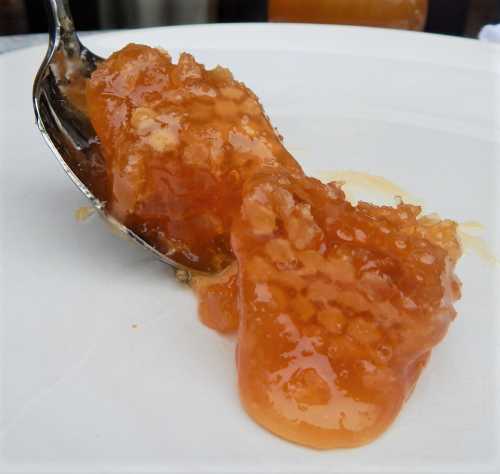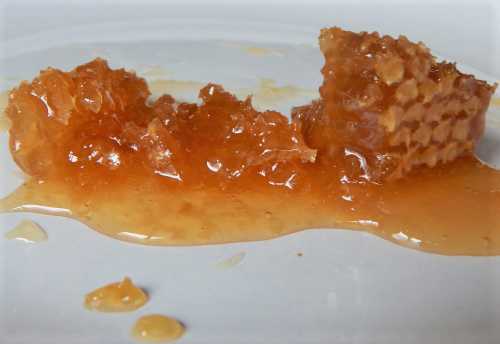Goddess Of Bees
As with the
patron saint of bees, there are a number of names that are (or were) held to be
‘The Goddess of Bees’.
Goddesses Of Bees
Beyla
Beyla was
the Norse goddess of bees. It’s
difficult to know why she is thought of as goddess of bees, other than the appearance of her name (just once), in the poem ‘Lokasenna’, an old Norse poem concerning gods.
Although the meaning of her name is unclear, it might actually mean ‘bee’. However, she seems to have been a servant of the Norse god, Freyr.
Bhramari
Bhramari (often
called Bhramari Devi) is a Hindu goddess and an incarnation of the goddess
Parvati.
She defeated the demon army of
the demon Arunasura by summoning bees, wasps, mosquitos, flies, hornets and
spiders to attack them.
She is usually
depicted with bees clinging to her body.
Mellona
Mellona (or
Mellonia) was an ancient Roman goddess of bees and beekeeping, who was said to
promote and maintain the supply and sweetness of honey.
Her name comes from mel – the Latin for honey.
Melissa
Melissa is a
goddess of bees and honey from ancient Greece (possibly from Crete, and
possibly pre-Greek). She was said to be
a nymph (a minor female nature deity).
In her story she was shown the care of bees and use of honey, and, as one of the nurse servants of Zeus, fed him honey.
Today, the analysis of pollen content within honey is called melissopalynology.
Austeja
Austeja is an ancient Lithuanian bee goddess.
Other deities associated with bees
Oshun, African Goddess
Oshun is actually the goddess of fertility, love, and freshwater, but also has a link with bees.
Oshun originates from the Yoruba religion of West Africa. She is the patroness of the Osun River in Nigeria, and is associated with various animals, including the peacock, the vulture, skunks, otters, butterflies and bees.
Honey is sometimes given as an offering to Oshun by her devotees.
Are There Any Gods Of Bees?
Indeed there are.
Bubilas
Austeja, the Lithuanian bee goddess had a husband called Bubilas, who happens to be the Lithuanian god of drones (male honey bees) and mead.
Ah-Muzen-Cab
Ah-Muzen-Cab
(sometimes Ah-Mucen- Cab; or Ah-Muzencab) was the Mayan god of bees and honey. He appears in Mayan art with the outstretched
wings of a bee.
Aristaeus
Aristaeus was
a minor ancient Greek god – particularly associated with Athens. He was taught how to ‘tame’ bees and keep
them in a hive.
When his bees began to
die, he sought the advice of Arethusa and was told to establish altars, to
sacrifice cattle on them and leave the carcasses. New swarms of bees arose from the carcasses.
Ra
Ra – the Egyptian Sun god. Although not a god of bees, a legend written on papyrus states that when Ra cried for lack of love, his tears turned to honey when they fell to the ground.
The importance of bees through the ages
It is interesting that bees appear in the great holy books and writings, from the Bible to Koran.
Through the ages, different cultures and civilisations have had their own goddess and gods of bees and have referred to them in religious works, and also in symbolism.
This surely signifies the importance of bees to those ancient peoples at that time.
If you found this page helpful or interesting, I'd really be grateful if you would share it with others - if not this page, perhaps another, such as Gardening For Bees.
Thank you so much :) .
Did You Know?
Toxic Honey Was Used In Ancient Warfare!


